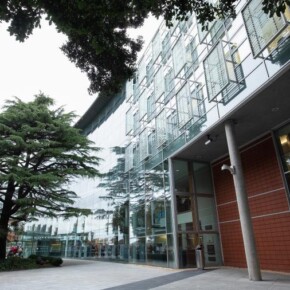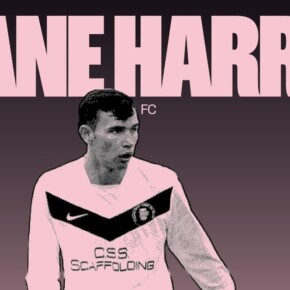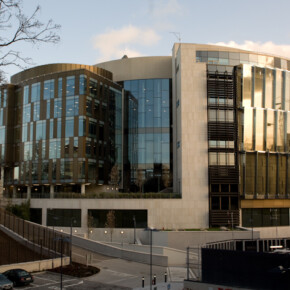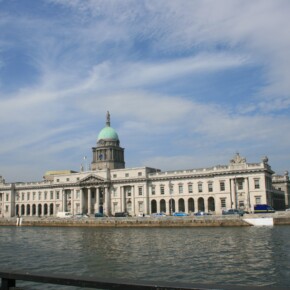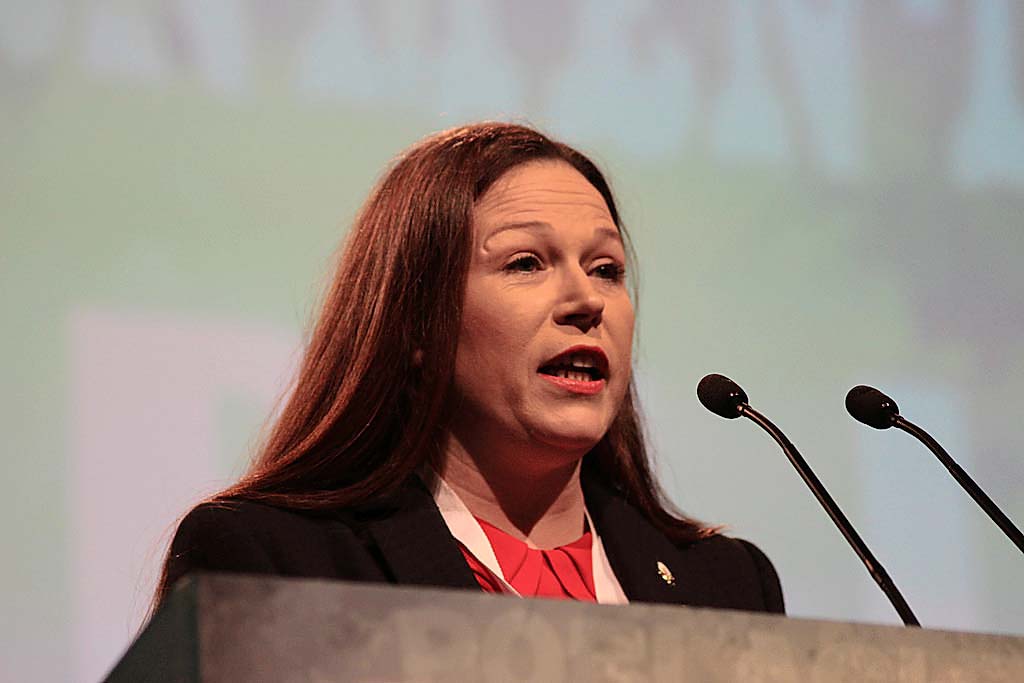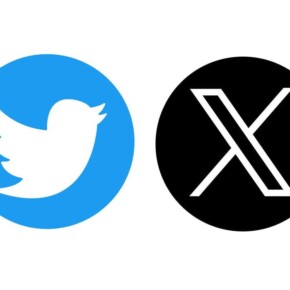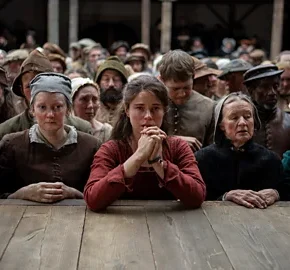Advocacy group calls for candidate quotas
Padraig Conlon 10 Jun 2024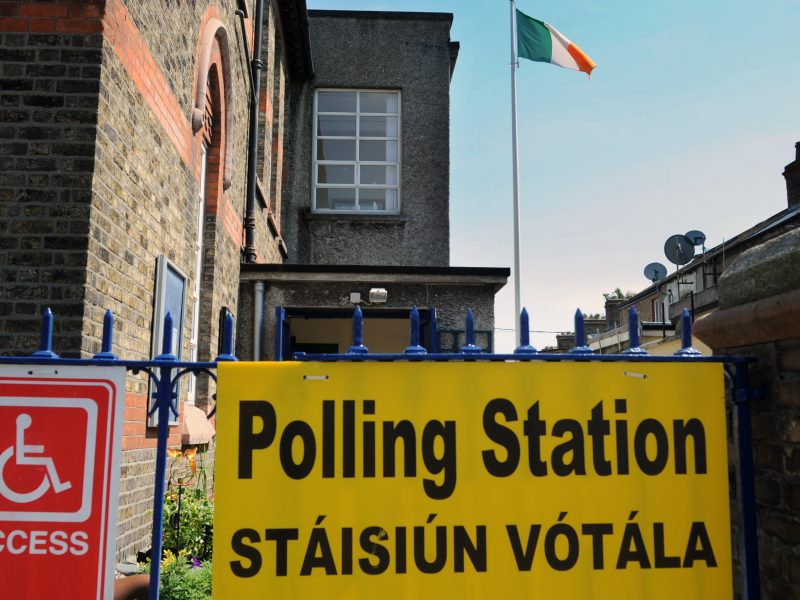
With more than 85% of the 949 seats filled in the Local Elections, women will fill approximately the same percentage of seats as in the outgoing councils, with a marginal improvement from 25% to 27%.
Ireland will remain at 22nd place out of the EU 27 for the number of women in local politics.
Advocacy Group, Women for Election, say they are calling for the implementation of quotas and other measures at local government level.
“The stagnation in the number of women in local government, despite a record number of women candidates, clearly demonstrates that radical new measures are needed to ensure a properly representative democracy” said Brian Sheehan, CEO of Women for Election.
“The percentage of women candidates in the main Parties in the Local Elections ranged from 25% to 51%.
“The political tide was out for some parties with large percentages of women – Sinn Féin and the Green Party.
“Fianna Fáil with 25% women candidates, and Fine Gael with 29%, despite their successes in the election, did not have enough women running to deliver a material gain in the overall percentage of women Councillors elected.
“Political tides come and go for parties, so the only way to ensure that we properly address the gender imbalance in local politics is to introduce a candidate gender quota for Local Elections”.
“More women at decision-making tables makes politics work better for everyone.
“More women mean women’s lived experience is included in decisions.
“Ireland’s local and national government will be stronger with better representation of the people it serves, and a balance of men and women involved.”
“Women for Election are calling on the Government to implement a candidate quota for the next Local Government elections at 40%, the same as for the next general election.
“In the meantime, political parties can take comprehensive steps towards redressing the gender imbalance, including women-only shortlists for co-options and developing internal party rules that mandate 50:50 in all internal positions and in candidate selection conventions”, continued Sheehan.
More women than ever before ran in these local elections – 681 women, 31.4% of all candidates.
“We want to warmly congratulate all those women, and their campaign teams, whose hard work led to their successes.
“Equally, we want to commend those who weren’t successful this time.
“Given that so many of our successful women politicians took more than one attempt to be elected, we hope that those unsuccessful this time will continue to work for their communities and put themselves forward the next time.
“Despite the presence of a record number of talented and experienced women on the ballot, we are disappointed with the outcomes of the election for women.
“At this glacial pace of change, Ireland will be waiting for two or three decades to have even 40% women at local government level.
“Local Government serves as a crucial entry point for women to national government, and if we are to change our world standing of women in national government – currently Ireland is 103rd in the world – we need to do much more to support more women to enter local government.”
“Women for Election acknowledge the marginal improvement in these elections.
“We realise that, while frustrating, change is slow.
“If, collectively, we are serious about tackling the gender gap in politics, we need radical measures now rather than waiting decades. Goodwill alone is not enough.
“This includes work like ours, to inspire, equip and support women to run in local and national elections, ensuring that our local and national government truly reflects the diversity within our communities” concluded Sheehan.


